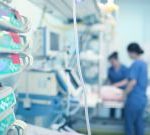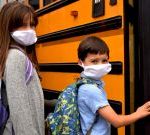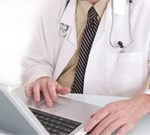
New U.S. coronavirus cases surged across 37 states on Sunday, with worsening hotspots in the South and West also fueling new daily records for COVID-19 deaths. Florida recorded more than 15,000 new infections on Sunday, breaking the daily record for new cases once held by New York back at the beginning of the pandemic, The New York Times reported. The state also saw single-day records in the counties that include its largest cities — Miami, Fort Lauderdale, Orlando, Fort Myers, West Palm Beach, Pensacola and Sarasota. Five states — Arizona, California, Florida, Mississippi and Texas — also broke records for average daily COVID-19 fatalities in the past week, the Washington Post reported. That marks a departure from the past weeks, when death rates had remained steady even as case numbers rose. Adding to the problem, long delays in testing are hampering efforts to contain future spread of the coronavirus, the Post reported. Many testing sites are struggling to provide results in five to seven days. Others are taking even longer, the newspaper reported, as outbreaks across the Sun Belt have strained labs beyond capacity. And there were signs of new trouble in regions outside current hotspots: Twenty states and Puerto Rico reported a record-high average of new infections over the past week, the Post reported. In the Midwest, cases have been trending upward in every… read on >
















